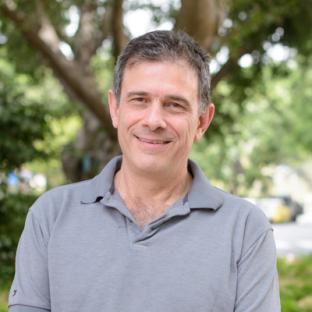

Prof. Yoav Soen
Our group investigates how new adaptation emerges during the lifetime of individual cells and animals (i.e, prior to being selected in a population. To address this fundamental gap in the current picture of adaptation and evolution, we developed unique experimental and theoretical approaches.
Our experimental approach is based on exposure of a developing fly (model I) and cultured tumor cells (model II) to a severe stress that cannot be effectively alleviated by pre-existing adaptations. We use these model systems to investigate:
(i) how every individual animal or cell copes with severe challenges that mimic novel conditions of stress (prior to being equipped with an effective program of response)
(ii) how newly-acquired adaptations could be affected and/or assisted by host-microbiome interactions
(iii) how the germline is influenced by induction of epigenetic and microbiome variations
(iv) how newly acquired adaptive variations can be inherited and contribute to shaping of evolutionary adaptations
Each of these questions is addressed by methods that are specifically tailored to uncover fundamental mechanisms and provide broadly applicable insights. Our investigations typically involve multi-level analysis, ranging from the molecular level to the whole organism and systems level. Our experiments are also designed to test a non-traditional principle of dynamic adaptation that can provide a conceptual explanation of emergence of adaptive variations within a lifetime (a neglected gap in Darwin’s theory).
Our theoretical work aims to establish a general framework that unifies emergent adaptation during an individual’s lifetime with longer-term, population-level adaptation by natural selection. Since the complexity of biological phenomena is a major impediment for building a general theory, we focus on modelling that relies on basic physics concepts, enabling generation of fundamental insights that are not confounded by unmanageable complexity.

